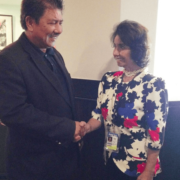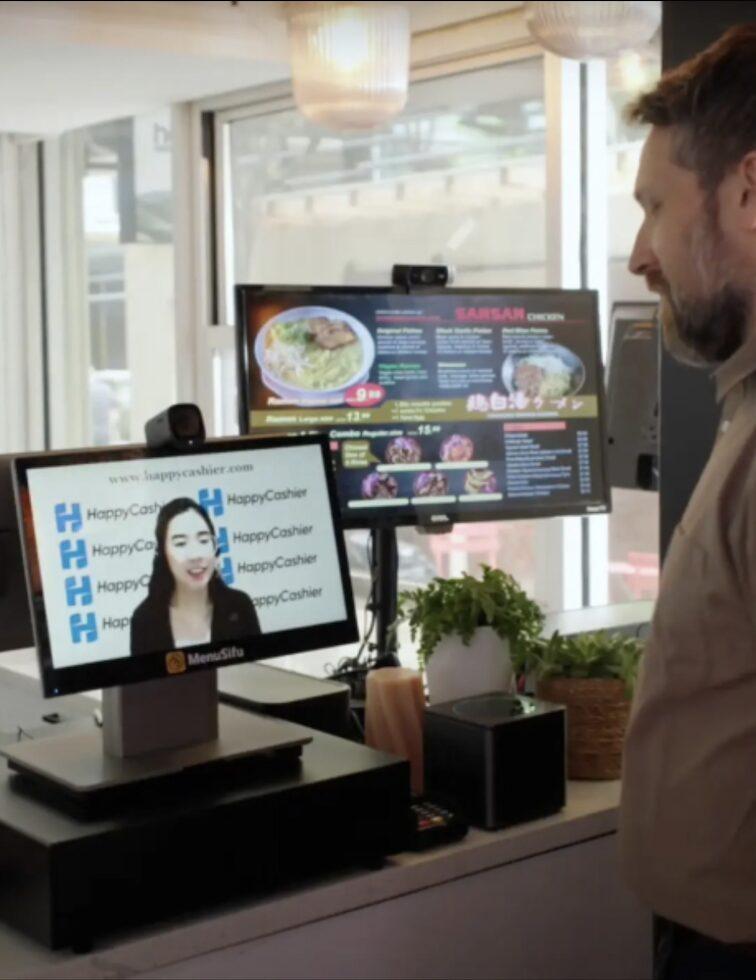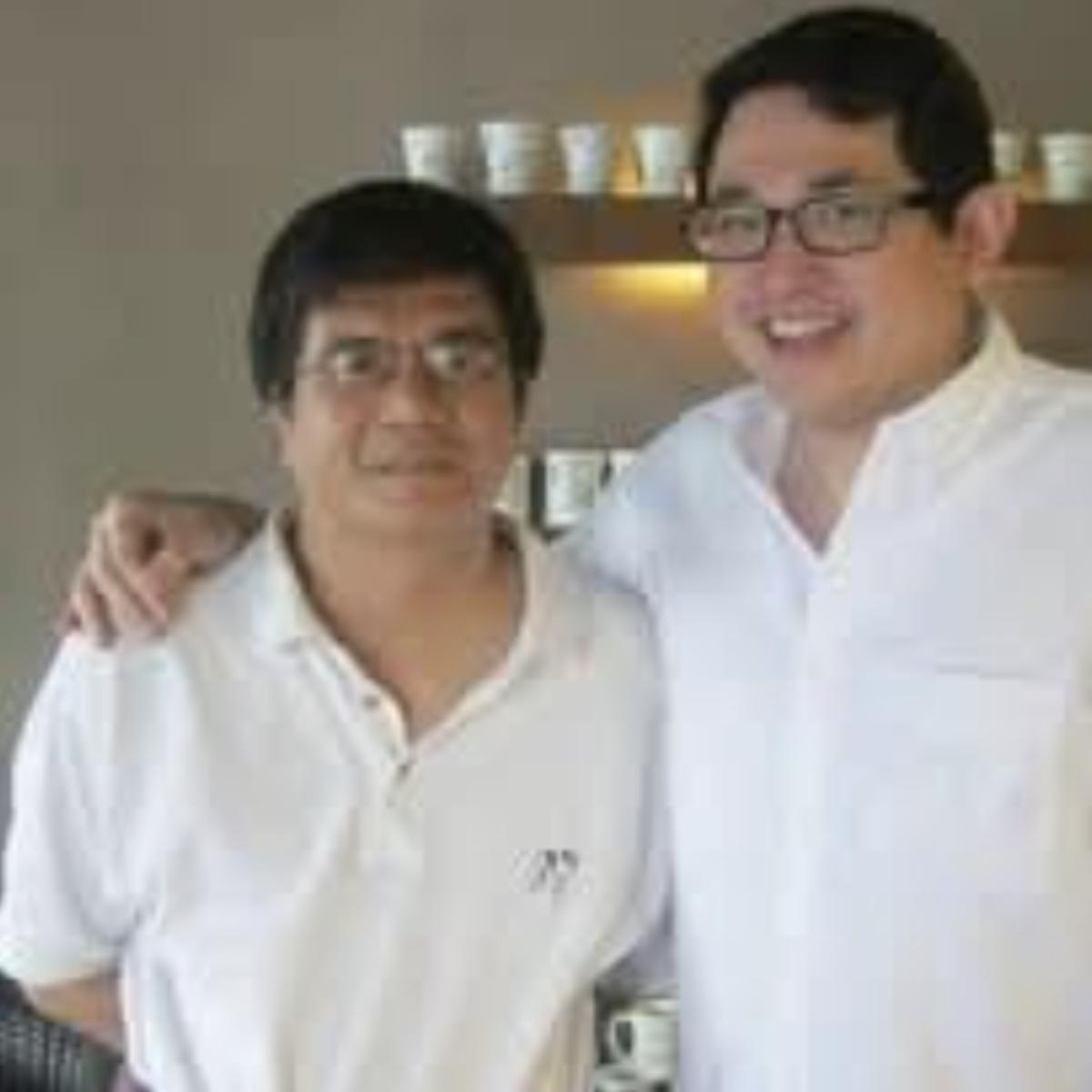With a firm hand he shakes my hand, his face seasoned by storm and values. Charles Simbulan smiles kindly, almost trying to disguise shyness. His voice is light hearted, his hair is spiked, but tousled like a high school lad. The more you look and listen to him, you experience mixture of feelings. You get dumbfounded with his reckless sincerity as he spoke of his work that bears witness to his faith in the power of ideas and in our willingness to be challenged by them through the public service he’s been honed.
Talking with Simbulan is instructive, he radiates optimism without forfeiting reason. It spins by visions, while much of his agenda is uncontroversial, which he asserts glibly. Our conversation flourished as I started with my first question:
Moonlighter: It’s been pointed out that America today ranks first among industrial nations in terms of how much we spend on health care. But how healthy are we as a country?
Charles Simbulan: If you base it on national metric healthiness — life expectancy, infant mortality, birth weight, chronic disease incident — based on statistics, our comparative performance is, probably in the cellar still a (lowman) in the healthiness totem pole. The nation spends more than 90 percent of our health dollar on health care (on doctors, hospitals, insurances, machines, pharmaceuticals and the like) but it turns out how wealthy we are as a nation is determined by what does health care dollars buy.
M: How can that be? What could possible determine whether the nation is among the industrial world’s healthiest nation, if not the thing we’re all clamoring for — universal health insurance?
CS: The answer — and this isn’t political opinion — lies in the social determinants of our physical condition like income, class, education, availability of public transportation.
M: What of environmental policy, or participation in the political process or host of other factors that don’t depend on our genetic make up?
CS: It is determinants, not from luck or individual sources, but from laws, regulations and priorities set at all levels of government and its private sector, as well, even our propensity take personal responsibility for diet and exercise hardly matters.
M: So, what are our choices?
CS: The way we currently think about health care, that is, or completely, understandable. Everyone wants access to the best possible health care for our parents, kids and ourselves. We want it to be affordable, with plenty of choices, and even if we covered all the uninsured health care, there are upstreams of the things that send us to doctors and hospitals and pharmacies. There’s poverty and stress, the amount of control and autonomy we have in our globe.
M: so what are your thoughts on this issue?
CS: To build — from the bottom up — a coalition to change how the nation deals with health. To shift our focus from health care to healthiness and the bigger social factors that determine our national healthiness.
M: May I digress? I am seizing the word dignity, this is an abrupt question for you. What is dignity?
CS: Dignity is recognizing yourself as a child of God. How can you be undignified?
M: That entitles me to ask you a question. I’d like to put on every man or woman of power and authority. What gives you anxiety?
CS: When my sense of equilibrium is distributed by thoughts like, “why am I spending so much time on something that may not do well?” “What if something goes wrong?” So, I breathe in and I breathe out. This is not my project, this is God’s project, it will be well. That is faith. And when you succeed, there’s the “noblesse oblige,” (a French phrase that literally means “nobility obliges”). Weary is the head that wears the crown because it requires nobless oblige.
M: Are you capable — I mean — can you respect an adversary?
CS: Always, of course. The moment you think you’re better than your adversary, you lose the word. No one should be beneath you or above you. Just be in that special grace by God. Always put compassion in the law, what we can all do together to contribute in the progress of the community regardless of learning. Every human being should be treated with dignity.
M: An abrupt question: who influenced you more, your father or your mother?
CS: Both of them, the spirit of equality, they both infused on me. My obsession for public service came from my father. No one imposed anything on me. My father cared very much about courage and freedom. My mother was a teacher, and of abiding faith, where she passed on to all of us. Never has she lost her soft spoken ways or depart from her quiet reserve. She had one answer, one cure for everything — prayer. In an emergency, trouble or dismay, it was her only remedy. She was transfusion of faith and courage.






